In a world where avocado toast and perfectly filtered selfies reign supreme, social media influencers have become the modern-day celebrities. But are these digital darlings a blessing or a curse? As they flaunt their glamorous lives and promote everything from detox teas to luxury vacations, it’s time to take a closer look at the impact they have on society.
Are Social Media Influencers Harmful to Society
Social media influencers represent a new breed of public figures who shape trends and opinions through platforms like Instagram, TikTok, and YouTube. Their reach spans across millions, impacting consumer behavior and cultural norms.
Definition and Role in Society
Social media influencers function as modern-day celebrities, often gaining fame through consistent engagement and content creation. They typically specialize in niches such as fashion, health, travel, or technology. These individuals motivate their followers by sharing experiences, products, and lifestyles. Their endorsements can drive significant sales, influencing brand visibility. Many aim to establish personal connections with audiences, fostering trust and loyalty. Various studies highlight the persuasive power these influencers hold in shaping consumer decisions and societal trends.
The Rise of Influencer Culture
The rise of influencer culture correlates with the advent of social media, which has revolutionary effects on communication and marketing. Platforms like Instagram enabled creators to publish visually appealing content, attracting follower bases. A surge in user-generated content contributed to this growth, as audiences sought authenticity and relatability. This shift away from traditional advertising focuses on peer recommendations, enhancing the perceived credibility of influencers. Recent statistics indicate that influencer marketing could grow to a $15 billion industry by 2022. Such data underscores the significant role influencers play in contemporary society and marketing strategies.
Positive Impacts of Social Media Influencers
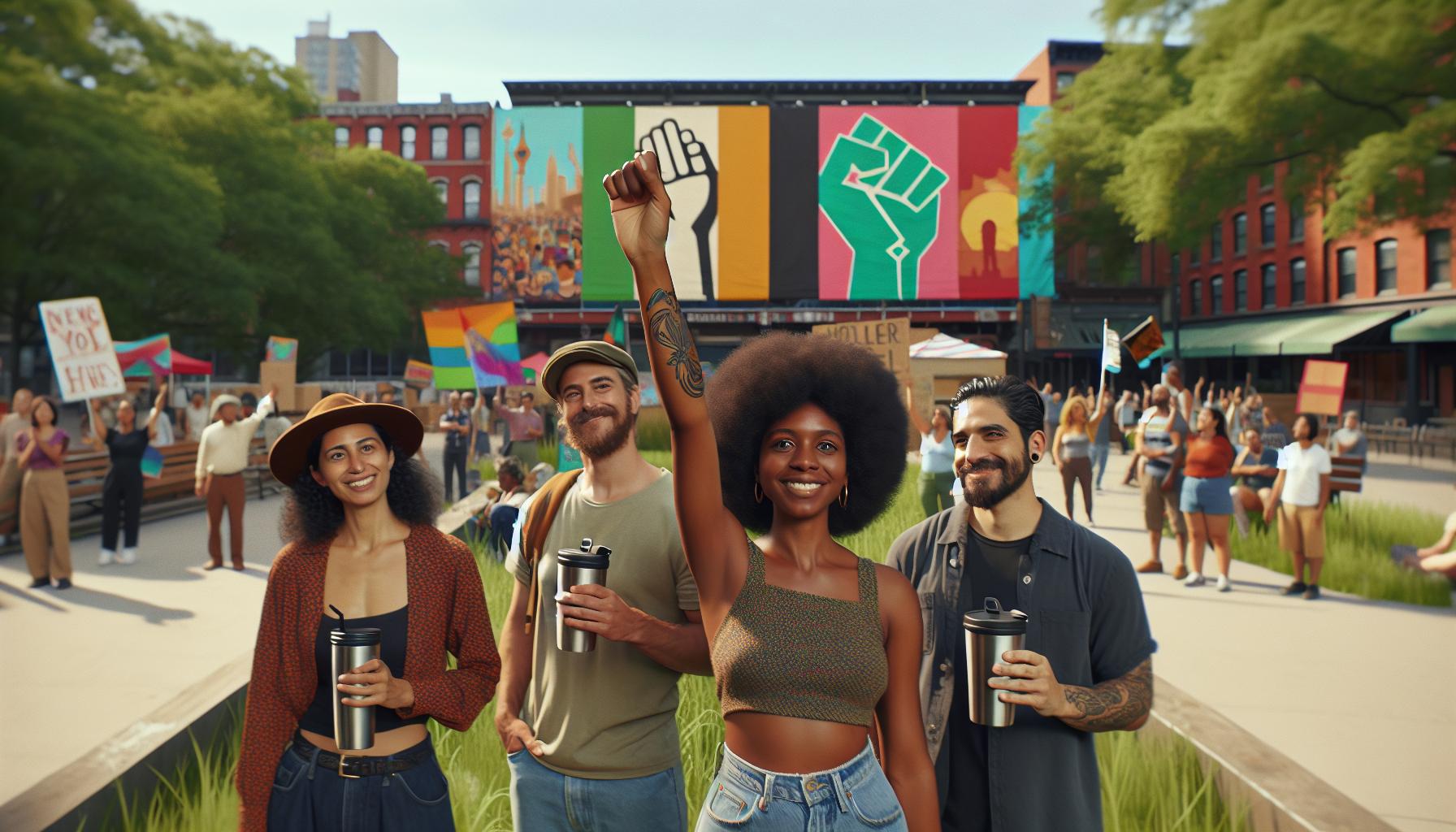
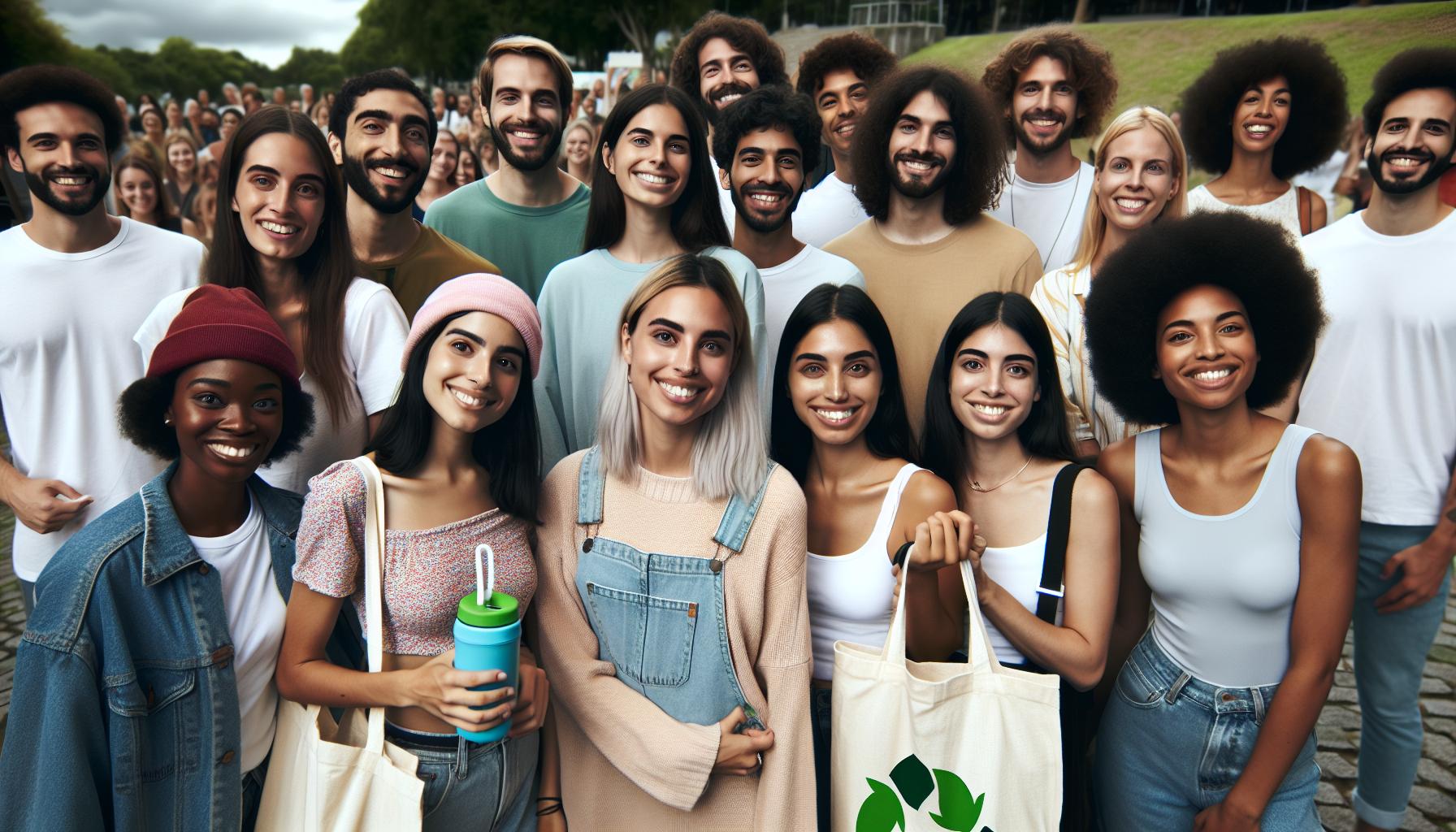
Social media influencers contribute positively to society in various ways. Their ability to connect with audiences enables meaningful conversations and movements.
Empowering Marginalized Voices
Influencers often amplify voices that mainstream media overlooks. By sharing personal stories and experiences, they create visibility for marginalized communities. Representation in various niches, such as LGBTQ+ rights or mental health awareness, inspires change and fosters understanding. Some influencers use platforms to advocate for social justice, engaging followers to support causes like racial equality and disability rights. These efforts lead to increased awareness and solidarity among diverse groups, empowering individuals to seek support and find community.
Promoting Positive Trends and Causes
Positive lifestyle changes often originate from influencers’ platforms. Many promote wellness, sustainability, and mental health awareness. Through their content, they encourage followers to adopt healthier habits, such as exercise and mindful eating. Some influencers highlight charitable initiatives, motivating others to contribute towards various causes. Their endorsements of eco-friendly products promote sustainability, prompting followers to reconsider consumer choices. This ripple effect showcases the capacity of influencers to inspire positive change within society.
Negative Impacts of Social Media Influencers
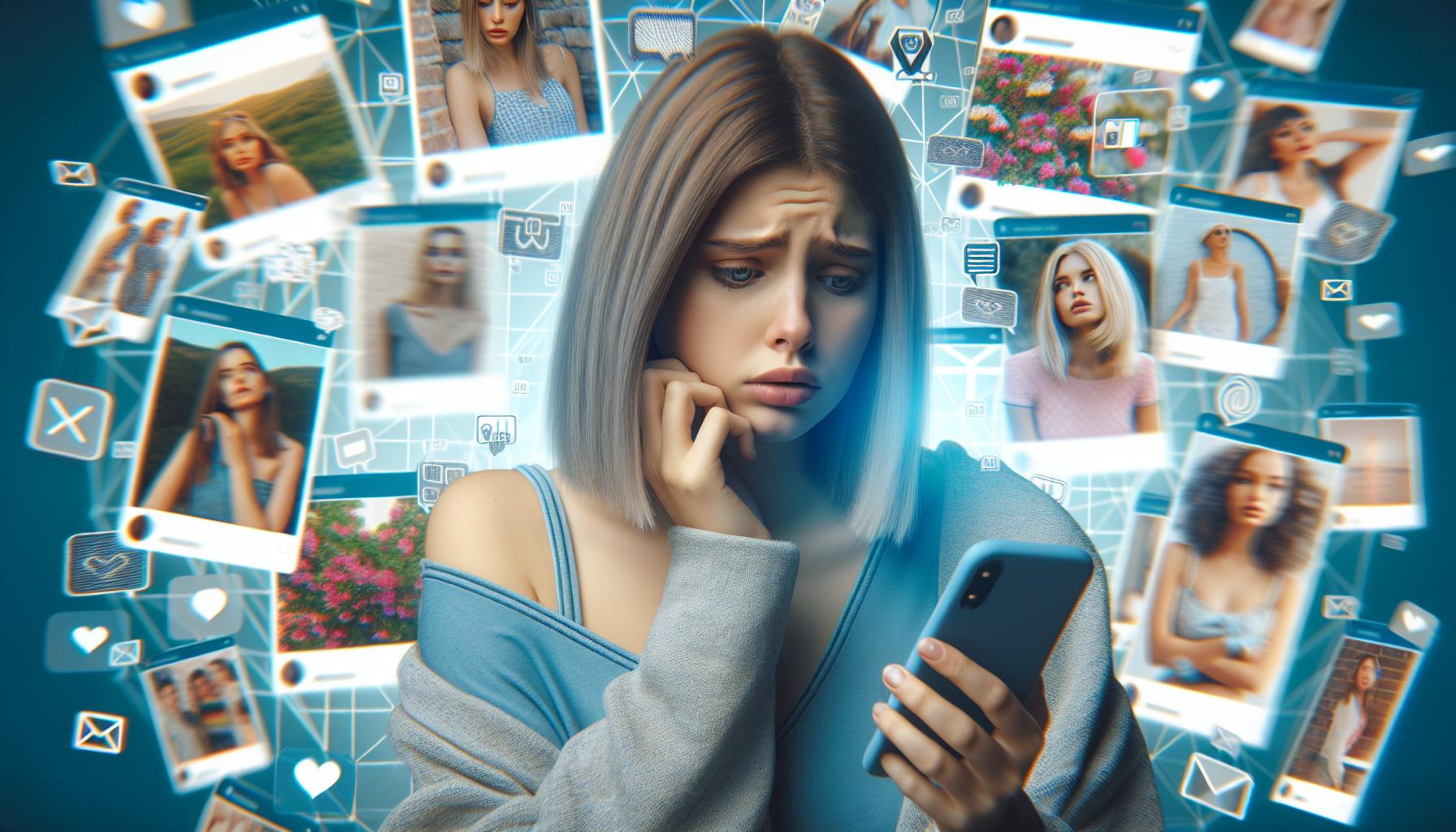
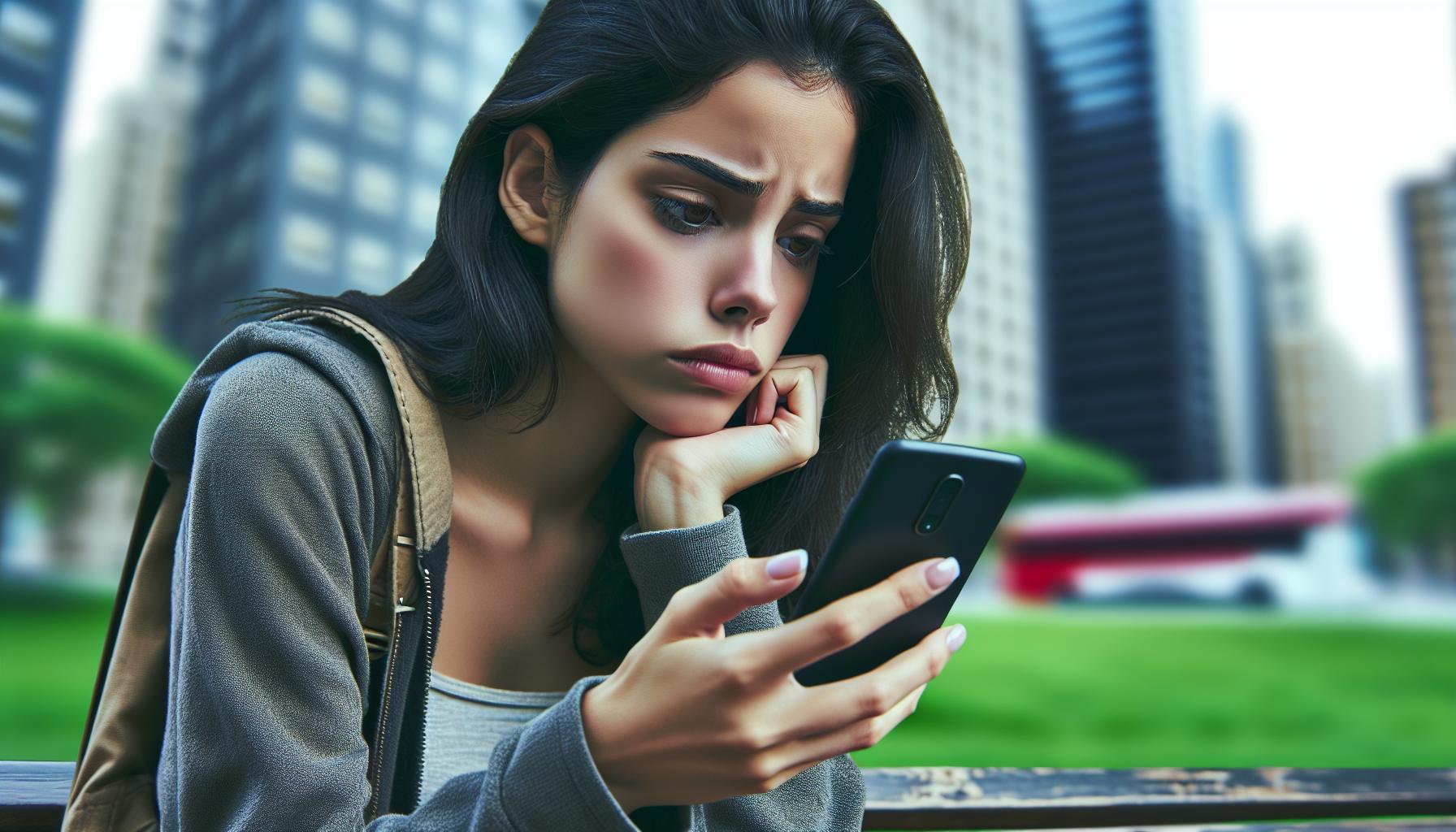
Social media influencers can negatively affect society in various significant ways.
Misinformation and Lack of Accountability
Misinformation spreads rapidly through influencers’ platforms. Influencers often make health or product claims without scientific backing. Instances of promoting unverified remedies can mislead followers. Lack of regulation allows influencers to share inaccuracies unchecked. Many young audiences trust these figures, resulting in dangerous behaviors. Research indicates that 82% of users believe influencers’ content, amplifying the potential for harm. Followers may blindly purchase products that are ineffective or harmful due to influencer endorsements. Responsibility lies with influencers to ensure accuracy in their messaging.
Impact on Mental Health and Body Image
Mental health issues often arise from influencers’ curated lifestyles. Constant exposure to idealized images can cause body dissatisfaction among followers. Many individuals compare themselves to influencers, leading to anxiety and low self-esteem. Studies show that social media usage correlates with increased rates of depression among teens. Influencers seldom represent diverse body types, exacerbating the problem. Those who struggle with body image may feel isolated and insecure due to unrealistic standards. Encouragement of extreme dieting and fitness trends adds pressure to conform. As a result, societal mental health is adversely affected.
Are Social Media Influencers Harmful to Society?
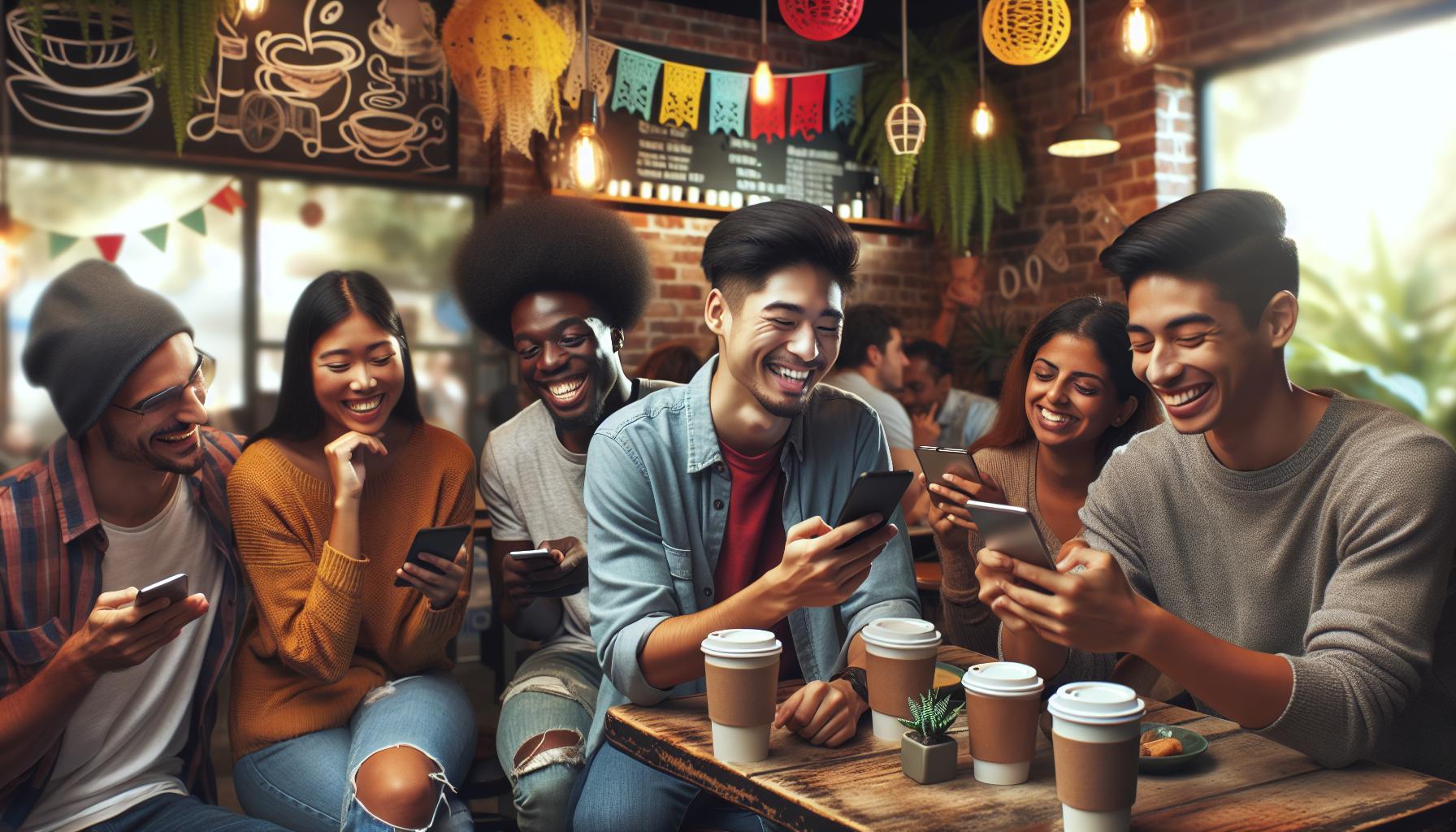
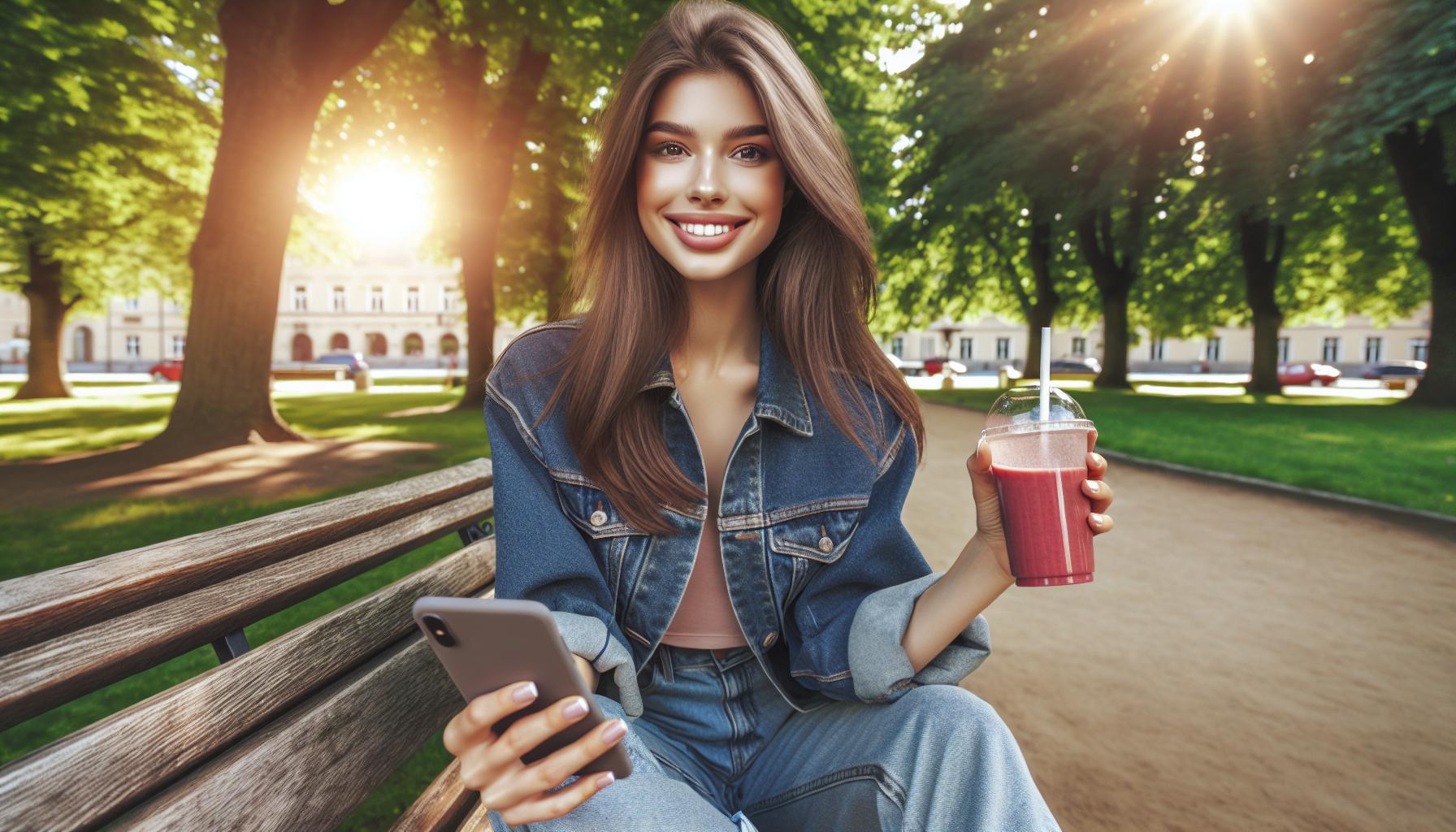
The debate surrounding social media influencers encompasses both positive contributions and negative repercussions. Influencers wield considerable impact over their audiences, stirring discussions about societal norms and behaviors.
Evaluating the Balance of Influence
Influencers significantly shape trends and public perceptions. Their dual role as motivators and trendsetters complicates this dynamic. On one hand, they foster a sense of community and shared experiences among followers. On the other hand, they often propagate unrealistic ideals. Studies indicate that 82% of users trust influencer content, which amplifies the risk of misinformation. This pervasive influence raises questions about responsibility in promoting products or lifestyles without sufficient backing. Influencers’ authority can lead to both empowerment and potential harm, necessitating a critical evaluation of their impact on society.
Case Studies and Examples
Numerous case studies illustrate the complex effects of social media influencers. For instance, some influencers have successfully promoted mental health awareness, sharing personal struggles with anxiety and depression. They encourage open conversations, showcasing vulnerability that resonates with many followers. Conversely, the promotion of detox teas and extreme diets correlates with negative health trends. Reports show that harmful diet culture perpetuated by influencers generates body dissatisfaction among millions. The endorsement of misrepresented products creates a direct link between influencer behavior and consumer actions, emphasizing the need for accountability. Such examples encapsulate the nuanced relationship between influencers and societal well-being. The influence of social media personalities is undeniably complex. While they can inspire positive change and foster community engagement, they also contribute to the spread of misinformation and unrealistic standards. This duality prompts society to critically assess the impact of influencers on mental health and cultural norms. As their reach expands, so does the responsibility that comes with it. Encouraging accountability and promoting transparency in influencer marketing is essential for harnessing their potential for good while mitigating harmful effects. Ultimately, understanding this intricate relationship will shape the future of social media and its role in society.

